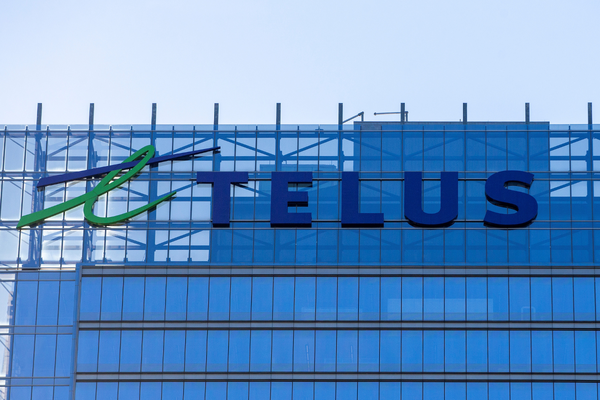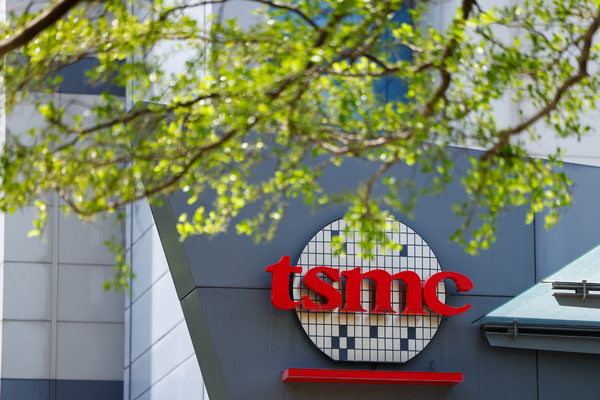Responsible growth versus inflated valuations

Don’t run before you can walk! Dror Davidoff at Aqua advises technology companies to beware of the temptations that inflated valuations can bring.
In 2021, despite consumer optimism waning, businesses were thinking big and all economic indicators were strong. There was heavy influence in the market among technology companies large and small to hike up valuations and raise more cash.
In fact, a quarter of the UK’s 116 unicorn tech companies became unicorns during 2021; and according to Equidam, the average capital requirement expressed by founders of UK early-stage start-ups was £1.6 m in 2020, compared with £1 m in 2019.
The British Business Bank’s Small Business Equity Tracker revealed the scale of valuation increases. The average pre-money valuation of a growth stage private company increased 92% on 2019 levels to over £100 m in 2020. In growth stage tech companies, this increase was 102%.
A year after the valuation hysteria, we’re witnessing a macroeconomic slowdown as the market resets itself. According to PwC, the number of megadeals (deals in excess of US$5 bn) decreased by almost 40% between H2 2021 and H1 2022, as executives grew more cautious and new regulatory checks kicked in.
PwC also showed that "Deal values declined by 20% compared to the first half of 2021 and are likely to decrease further as the economic fallout is priced into global markets."
Business leaders are now living the fallout of inflated valuations. There’s re-alignment happening across all industries. Every day in the news there are new headlines about downsizing and layoffs.
Perhaps some of this could have been avoided if companies had chosen a different path – a path of ‘responsible growth.’ It requires foresight and putting the critical stakeholders of your ecosystem front and centre - employees, customers, and investors.
How we got here: the rise of the inflation bubble
Around the world, we saw companies under pressure to raise more cash. Many of those companies raised too much too early, without a proven product or business model. Founders and investors were drawn easily into raising capital with the illusion of instant growth.
Being cash-rich and assessed on projected revenue rather than actual performance, some made choices that were incongruous with their cost structure. Preposterously high expenditures followed with overly aggressive hiring and spend affected run rate and revenue.
As a result, the brand’s biggest assets – its customers and employees – are now hit the hardest.
2022 is bringing to light the need for a change. Leaders need to take a more calculated and organic path – one of responsible growth.
Responsible growth: a journey
Despite an explosion of industry advice on the right way to grow a business, it’s a unique process for each business in its particular industry, with multiple external forces at play. There is no single right path, no exact methodology, but there are patterns.
For example, a start-up needs design partners to come up with an MVP, then it needs its first paying customers to show value, then it builds a go-to-market model that’s repeatable. First you scale the product, then you build infrastructure and scale the organisation.
Most importantly, successful leaders must understand that a company has a “lifecycle.” It must evolve into maturity – developmentally, physically, and socially (much like a human). It will reach each critical stage and milestone through a healthy growth pattern; running before you can walk is not a good option.
One key piece of responsible growth is responsible hiring. It is critical to scale with the right people and to pace hiring according to the needs of the business as the company evolves through the stages of its lifecycle.
Scaling with the right people
Depending on the company’s stage, the business will require employees with different traits, personalities and backgrounds. Starting out, generalists will bring great value to the business, with a broad skillset to straddle different roles and responsibilities. As the company matures, specialisation becomes more important.
For instance, the first stage in building a sales organisation is typically experimental in nature with testing, learning, and evolving. Once you start scaling, those same experiential associates may not be the ones best suited to build playbooks and processes. At this point, you’ll be required to revisit the team dynamic and bring in new sales people with different skills.
It’s all about balance and finding the right people at the right time for where you are as a company. Sometimes early-stage companies with a lot of cash in the bank hire an expensive senior executive because he or she offers an impressive CV.
But even if that senior executive was successful at a large-scale organisation, it does not mean he or she has the skills to deliver what a startup needs at an early stage.
Pacing hiring to meet the needs of the business
It’s also vital to pace hiring, ideally in line with the ability to build relationships and absorb the culture that comes with the new team. Hiring too fast can negatively impact a brand’s identity.
Having too many people at the wrong stage also has implications as employees can be underutilised. Balanced hiring across the core pillars - engineering, go-to-market, customer support, and general and administrative - avoids wasting talent resources.
For instance, if a company decides to invest heavily in its demand-gen marketing team, but there’s not enough sales representatives to process the opportunities when they’re live, the leads are wasted. Alternatively, hiring a large sales team can support closing deals at scale, but if the product isn’t mature enough, there’s nothing to sell.
Over-hiring too early or securing the wrong skills at the wrong stage can have negative impacts, including layoffs and downsizing. Responsible and balanced hiring from the get-go keeps everyone on a continuous journey.
Balancing risk and performance
It all comes down to the company delivering value with a proven, scalable product that solves a problem that customers recognise - otherwise the company’s valuation is meaningless. Investing hastily in a technology challenge cannot substitute for time spent understanding the market, improving a product, and working with customers. Market adoption trends cannot be forced.
Founders and leaders must move with foresight and planning through the key growth stages and avoid the pitfalls of hypergrowth where it isn’t needed. Steady responsible growth that balances calculated risks and aligns business spend and performance are the keys to building stakeholder confidence and success.
Dror Davidoff is CEO, Aqua
Main image courtesy of iStockPhoto.com

Business Reporter Team
You may also like
Related Articles
Most Viewed
Winston House, 3rd Floor, Units 306-309, 2-4 Dollis Park, London, N3 1HF
23-29 Hendon Lane, London, N3 1RT
020 8349 4363
© 2025, Lyonsdown Limited. Business Reporter® is a registered trademark of Lyonsdown Ltd. VAT registration number: 830519543





